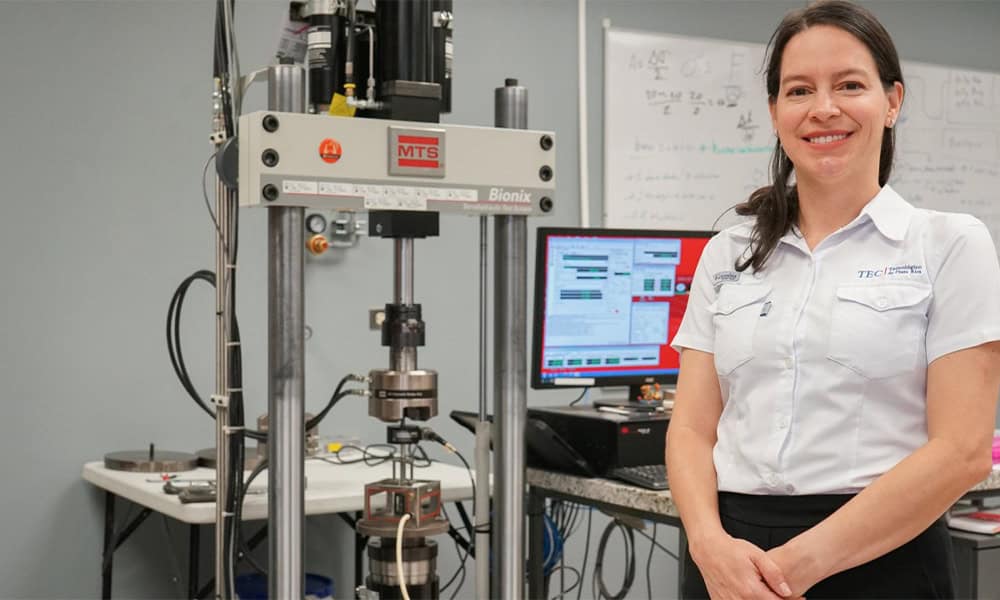Costa Rican scientists have created a patented medical device that allows for the lab-grown development of muscle and bone tissue—offering a new alternative for treating serious injuries without the need for traditional grafts from other parts of the patient’s body.
The technology was developed by researchers at the Technological Institute of Costa Rica (TEC) and is already protected by national patent. International registration is underway. The device simulates the internal conditions of the human body, allowing muscle and bone cells to grow in a structured, controlled environment. This includes exposure to temperature regulation, oxygen and CO₂ levels, and mechanical stress—such as tension and compression—which are key to producing functional, implant-ready tissue.
A New Option for Complex Injuries
This innovation is particularly relevant for patients suffering from large wounds, burns, trauma, or bone loss—cases where there may not be enough healthy tissue available for grafting. The device offers a non-invasive alternative that avoids extracting tissue from other parts of the patient’s body, reducing the risks, complications, and long recovery periods associated with multiple surgeries.
The system works by applying mechanical stimuli to muscle and bone precursor cells while maintaining optimal lab conditions. It combines features that are typically separated across multiple lab systems into one integrated unit. The result: more viable, functional tissue samples suitable for implant, grown entirely outside the body.
Although the device is not a replacement for traditional surgery, it can serve as a strong complement—especially in orthopedic, reconstructive, and trauma-related cases. Experts believe it could also become the foundation of a local industry focused on producing personalized tissue implants for individual patients, reducing the risk of rejection.
Designed and Built in Costa Rica
The lead researcher behind the invention holds degrees in physics, nanotechnology, and engineering from institutions in Costa Rica and Europe. Her work over several years at TEC’s School of Physics combined biomedical engineering, materials science, and mechanical physics to create a working prototype. The project was supported by interdisciplinary teams from engineering and biotechnology.
While the device is complete and patented, additional steps are needed before it can be widely used in medical settings. Costa Rica has strict regulations on testing with human cells, so TEC is seeking partnerships with international medical research institutions and private firms for clinical testing and development.
According to the patent filing, the device’s intellectual property is protected until 2041. The goal is to move toward licensing or technology transfer agreements that could lead to future production and clinical applications.
This development also highlights the role of Costa Rica’s public universities in advancing medical innovation and applied science. The next phase of this project will focus on expanding research collaborations and preparing the device for scaled testing in real-world conditions.
If successful, this could mark the beginning of a shift in how regenerative treatments are handled in Costa Rica—offering patients new options and reducing dependence on foreign technologies or limited donor tissue availability.








